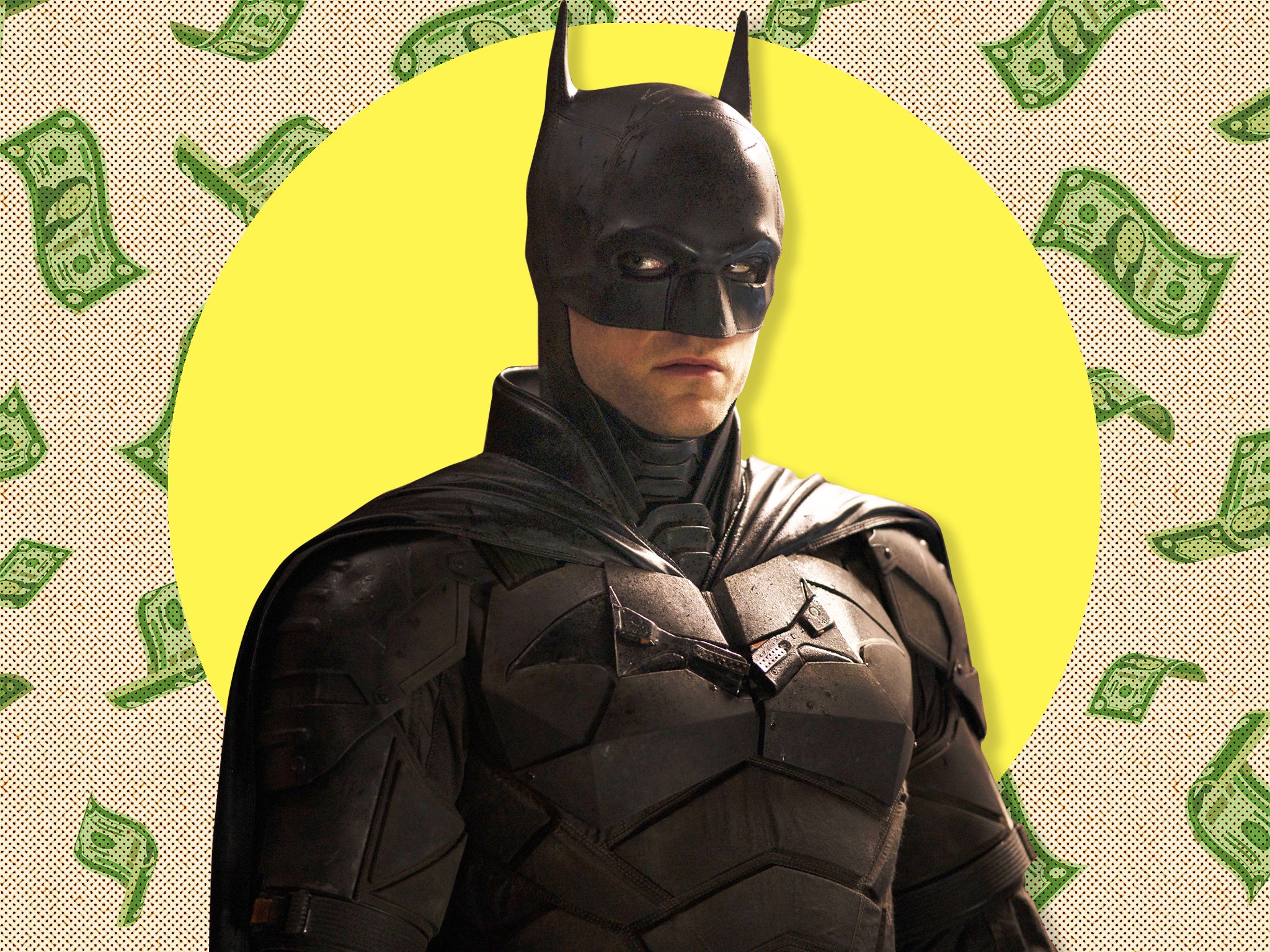Batman is noxious billionaire propaganda – but we’ll still lap it up
Blockbusters are dominated by uncritical depictions of the wealthy, argues Louis Chilton. Maybe there’s something commendable in Batman putting Bruce Wayne’s super monied status front and centre

Perhaps Bruce Wayne really is the hero this world deserves. We live, after all, in the era of the “celebrity billionaire”. People like Elon Musk and Jeff Bezos have become household names; the people villainously hoarding the world’s wealth and resources are treated as objects of fawning fascination. It’s only fitting that Batman, one of the most beloved characters in the history of pop culture, is one too. He’s a billionaire with baggage – with guilt, purpose, and a violent appetite for justice. But first and foremost, he is a billionaire.
Bruce Wayne has never been the most progressive character. He’s a rich guy who goes around beating up low-level crooks and making enemies of people with severe mental health issues. But in the early days of the character, the premise was way more palatable. In the 1966 Batman TV show, Bruce Wayne was but a humble millionaire, whose wealth was never given too much scrutiny. Inflation being what it is, Tim Burton’s 1989 and 1992 Batman films upgraded Bruce Wayne’s status to billionaire and fleshed out his backstory, pushing Batman closer to the celebrity playboy that Christian Bale would inhabit in Christopher Nolan’s Dark Knight trilogy, from 2005 to 2012.
Of course, it wasn’t just Bruce Wayne that was changed but the whole Batman universe. Each new film has tried to outdo the last when it comes to pure po-faced grittiness – culminating in The Batman, which is by most accounts the darkest and dourest Batman film to date. As the character becomes more and more concerned with the prickly realities of the world, Batman’s role as deified billionaire-saviour becomes a rather jagged pill to swallow.
In the grander scheme of Hollywood’s wealth fetishisation, though, is Batman really that bad? Mainstream cinema is, by and large, blithely uninterested in depicting financial hardship. There are practical, non-ideological reasons for this. From a storytelling perspective, it is often necessary to give characters a certain amount of implied wealth to internally justify expensive locations, high-tech gadgets – things that look good on screen. Squalor rarely screams “cinematic”.
But ideology is a factor too. Marvel’s sprawling cinematic universe is a particularly obnoxious propagator of wealth fantasies. Its talisman, Robert Downey Jr’s Iron Man, is a billionaire playboy in the Bruce Wayne mould, an arms dealer whose Ebenezer Scroogian change of heart sees him plunge his vast fortune into becoming a force for good. Marvel’s other characters are cut from the same cloth – some are royalty, others simply beneficiaries of a third party’s gaudy affluence.
Perhaps the most egregious example is Spider-Man, who has always been presented as a specifically working-class superhero. Sam Raimi’s trilogy saw the character reside in a dingy New York apartment and struggle to make rent. In the recent Marvel trilogy, Peter Parker has access to a technological arsenal that’d make Bill Gates wince. When he found himself marooned in the Netherlands in Spider-Man: Far From Home, it was no big deal – his bodyguard-minder Jon Favreau simply picked him up in a private jet. Forget Doctor Octopus or Green Goblin, Spider-Man’s biggest nemesis now seems to be gentrification.
Marvel Studios is far from the only offender, of course. Scour the upper reaches of the box office charts and you will see an array of films that at best disregard the logistics of wealth, and at worst brazenly worship at the feet of mammon. From the queasy jet-setting opulence of James Bond to the luxury vehicular idolatry of Fast & Furious, cinema is dominated by uncritical depictions of the wealthy. In this light, there’s something honest, maybe even commendable, in Batman putting Bruce Wayne’s billionaire status front and centre, out in the open. Is it relatable? Obviously not. But for all the talk of grit and realism, this is a story about a man who fights crime while dressed as a bat. Relatability doesn’t enter into it.
We should, of course, be wary of propaganda, and Batman is undeniably this: a fantasy of power and redemption for all the sin-caked billionaires out there in real life. But it’s at least willing to acknowledge its protagonist’s privilege and to wrestle with it on some small level. Even this paltry gesture is more than most films of its kind are willing to do. If The Batman’s murky perspective on extreme wealth doesn’t do it for you, watch something else. You can’t find a much better evisceration of the uber-rich than the dysfunctional Roy family on Succession. If you want action, car chases and brutal beat-downs, though, stick with The Batman. Just hold your nose for the smell of money.
‘The Batman’ is out in cinemas now
Subscribe to Independent Premium to bookmark this article
Want to bookmark your favourite articles and stories to read or reference later? Start your Independent Premium subscription today.

Join our commenting forum
Join thought-provoking conversations, follow other Independent readers and see their replies